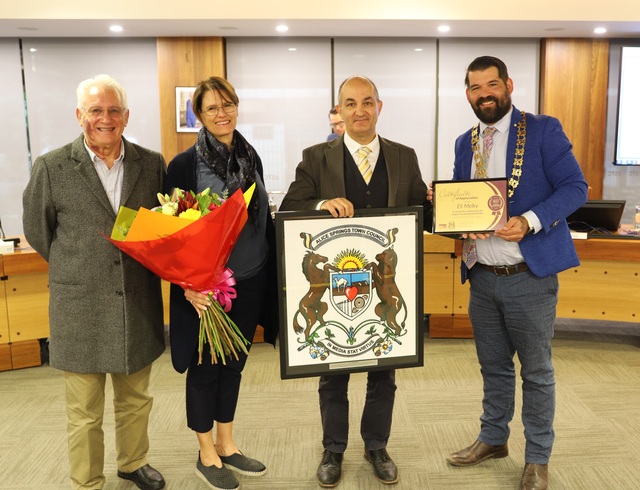By Sasha Lennon
In my travels throughout Australia’s cities, regions and more remote communities, it’s clear to me that local government, whether large or small, makes an important contribution to economic development. This is because of the ubiquitous engagement councils have with the communities they serve.
However, exactly what role councils should take in helping to grow their local economies can sometimes be a point of contention. Some argue councils should be ‘hands-off’, allowing the private sector to drive economic development unimpeded. Others plead the case for a more pro-active role on the part of their local councils.
In my view, there is no one or the other. In fact, there is a range of alternative approaches or ‘models’ for economic development facilitation and there is a variety of activities that councils can engage in to directly facilitate positive industry and employment outcomes to the benefit of their communities.
The approach to economic development differs in different areas, depending on a number of factors such as socio-economic dynamics, industry trends and prospects, planning frameworks, available funding for economic development initiatives, local organisational and institutional relationships, cultural norms and even local personalities.
While there are numerous variations of these broad categorisations, in brief, the sorts of activities that councils can pro-actively pursue to facilitate economic development includes the following:
- Facilitator:This can take the form of providing an ‘enabling’ environment for local economic development by, for example: providing and promoting local information services for prospective and existing businesses; delivering a streamlined development approval process; or by providing a clear policy statement focusing the council’s development objectives and the types of industries it seeks to encourage.
- Co-ordinator: Here, the council takes the role of co-ordinating the provision of infrastructure or services for which it is not directly responsible but which are required for new business development. This co-ordinating role would generally be undertaken in partnership with other government agencies, the private sector and / or community interest groups.
- Stimulator / Promoter: This is where the council takes action to encourage business creation, expansion or attraction. This can be undertaken through a branding and marketing role or by providing direct encouragement (e.g. through in-kind incentives) for particular industry sectors to establish or grow.
- Entrepreneur / Developer:
Here, the council would become directly involved in, for example, property development activities, either as a sole operator or in partnership arrangements with others. In such cases, the project in question is typically aligned with the council’s economic development strategy objectives, with the support of the local land use planning framework.
Councils don’t need to choose any one ‘role’ and would be best placed to engage in a mix of activities that cut across all of these broad classifications. But in understanding these varying roles and functions, local government leaders can identify appropriate responses to the many issues and challenges currently facing local economies and communities throughout Australia.
Sasha Lennon (B.Ec., Grad. Dip. Advanced Economics, M.Journ, ACEcD) is a consultant specialising in economic development policy and strategy formulation. Contact: sasha@sashalennon.com.au or go to www.sashalennon.com.au
*copy supplied by S.C. Lennon and Associates








